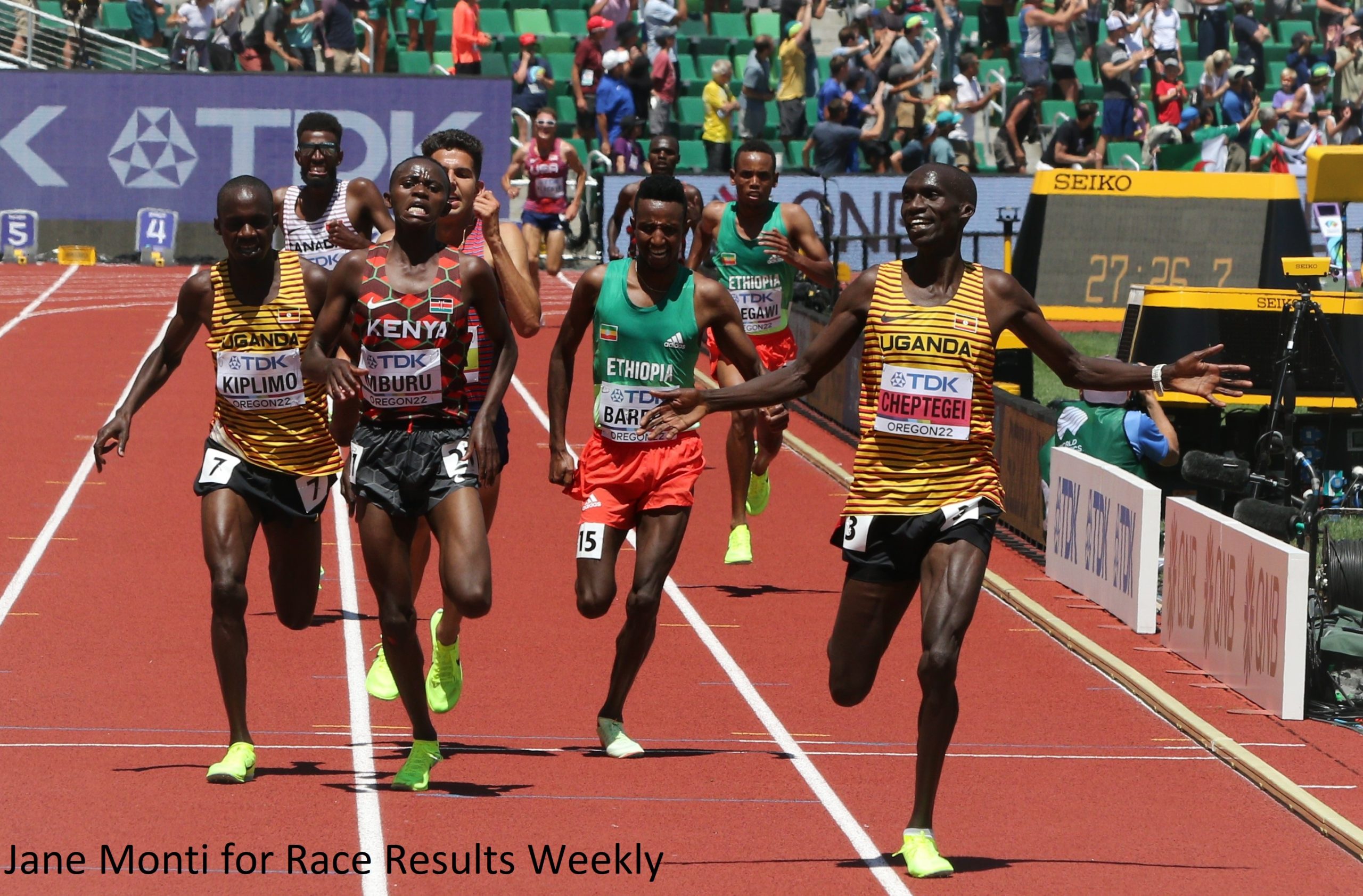The IAAF statement to the allegations made by ARD and the Sunday Times on doping in athletics also offers the comment of Professor Giuseppe d'Onofrio, one of the world's leading haematologists working as an expert in the field of the Athlete Biological Passport:
“Ethically, I deplore public comments coming from colleagues on blood data that has been obtained and processed outside of the strict regulatory framework established by WADA which is designed to ensure a complete and fair review of ABP profiles.
There is no space for shortcuts, simplistic approaches or sensationalism when athletes’ careers and reputations are at stake.” It should be again made clear that the IAAF is only able to use the tests and analysis which are validated and made available to it through WADA. At the time in question, the ABP was not in existence.
The IAAF, therefore, systematically compiled a database of blood profiles from international athletes, and then used this database to guide its targeted, no-advance-notice, out-of-competition testing programme. The 2015 World Anti-Doping Code stresses the importance of an intelligence, risk based approach to testing.
This is exactly what the IAAF was already implementing ten years earlier. While the anti-doping community as a whole has acknowledged that the tests currently available will not catch all cheats, the IAAF strongly refutes any notion that it has not used every possible tool to target suspected dopers. We would be happy for our targeted testing programme to be compared to that of any other International Sporting Federation.












